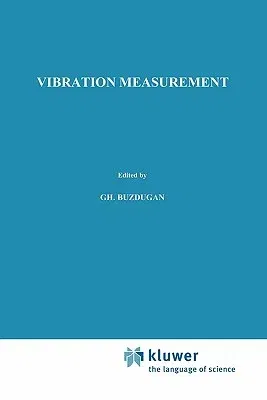Gh Buzdugan
(Author)Vibration Measurement (Softcover Reprint of the Original 1st 1986)Paperback - Softcover Reprint of the Original 1st 1986, 25 December 2010

Qty
1
Turbo
Ships in 2 - 3 days
In Stock
Free Delivery
Cash on Delivery
15 Days
Free Returns
Secure Checkout
Part of Series
Mechanics: Dynamical Systems
Print Length
347 pages
Language
English
Publisher
Springer
Date Published
25 Dec 2010
ISBN-10
9048182875
ISBN-13
9789048182879
Description
Product Details
Authors:
Book Edition:
Softcover Reprint of the Original 1st 1986
Book Format:
Paperback
Country of Origin:
NL
Date Published:
25 December 2010
Dimensions:
22.86 x
15.24 x
1.91 cm
ISBN-10:
9048182875
ISBN-13:
9789048182879
Language:
English
Location:
Dordrecht
Pages:
347
Publisher:
Series:
Weight:
485.34 gm

